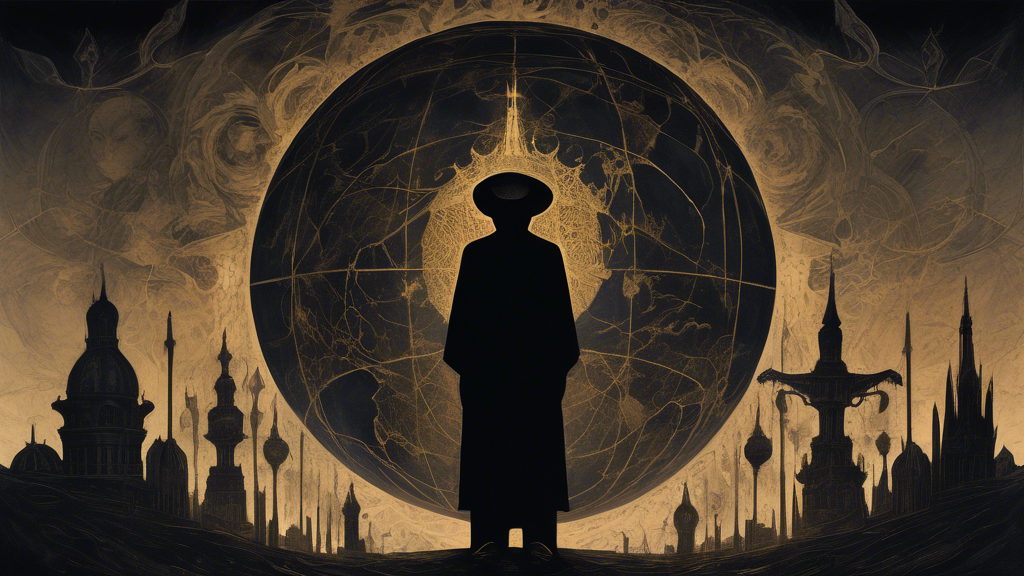
The Untold Story of Global Governance: Uncovering Its Luciferian Origins
The notion of global governance has sparked considerable debate over the years, with critics voicing concerns about the implications it has for national sovereignty and democratic accountability. Central to these critiques is a provocative narrative suggesting that such governance might stem from deeper, darker origins—specifically, that of a so-called Luciferian influence. This article delves into these assertions, examining the various elements that contribute to this controversial perspective.
Critique of Global Governance
Critics of global governance, particularly entities like the United Nations, argue that these organizations are creating pathways to centralized control, which effectively diminishes the autonomy of individual nations. Detractors assert that the shift towards globalism endangers national interests and erodes democratic governance, as decisions affecting citizens are made by global bodies often removed from local contexts.
Allegations of Luciferian Influence
At the heart of some critiques lies a dramatic claim: that elements of the UN or other global governance structures harbor latent Luciferian influences. Proponents of this theory argue that these entities operate within a framework that is not merely secular but imbued with occult principles. Interpretations of certain symbols and public addresses, as advanced by various theorists, suggest that global governance is more than just a political movement; it represents an ideological shift towards a belief system based on Luciferian principles.
Interpretation of Symbols and Rituals
Symbolism plays a central role in this narrative. For instance, the logo of the United Nations—a map of the world surrounded by olive branches—has been dissected for its potential hidden meanings. Those aligned with the narrative of Luciferian influence suggest that these symbols encode deeper, esoteric messages. Furthermore, certain public rituals and ceremonies associated with international diplomacy are scrutinized for signs of occult practices, fueling the belief that global governance is influenced by a hidden agenda.
Criticism of Key Figures
Narratives alleging a Luciferian agenda often focus on specific individuals in positions of power within global governance frameworks. These critiques claim that certain leaders promote ideologies that align with occult practices, thus perpetuating a hidden agenda. This focus on key figures raises questions about their influence on policy and whether their visions for global governance resist traditional moral and ethical frameworks, aligning them instead with Luciferian philosophy.
Conspiracy Theories
The overarching theme within these discussions frequently evokes conspiracy theories regarding a New World Order. Advocates of these theories posit that a clandestine global elite aims to position the UN and similar institutions as the cornerstone of this order, effectively subjugating nations under a singular governing philosophy. Each piece of evidence is woven into a narrative suggesting that such entities operate with an agenda that transcends mere governance, ultimately hinting at a grand design.
Religious and Philosophical Critiques
From a religious or philosophical standpoint, critiques of global governance express a concern that its values often conflict with traditional beliefs. Proponents of this view argue that the promotion of universal rights and freedoms under these structures may undermine religious doctrines and moral standards long held by various cultures and faiths. The potential erosion of these foundational principles in favor of a more secular, global ethos adds another layer to the critique against global governance.
Conclusion
While discussions surrounding the alleged Luciferian roots of global governance present a fascinating and provocative viewpoint, it is critical to approach these claims with skepticism. Many of the assertions made lack rigorous grounding in empirical evidence and are challenged by mainstream scholarship. Nonetheless, the discourse surrounding this topic underscores deeper anxieties about globalization, identity, and the future of national sovereignty in an increasingly interconnected world.
